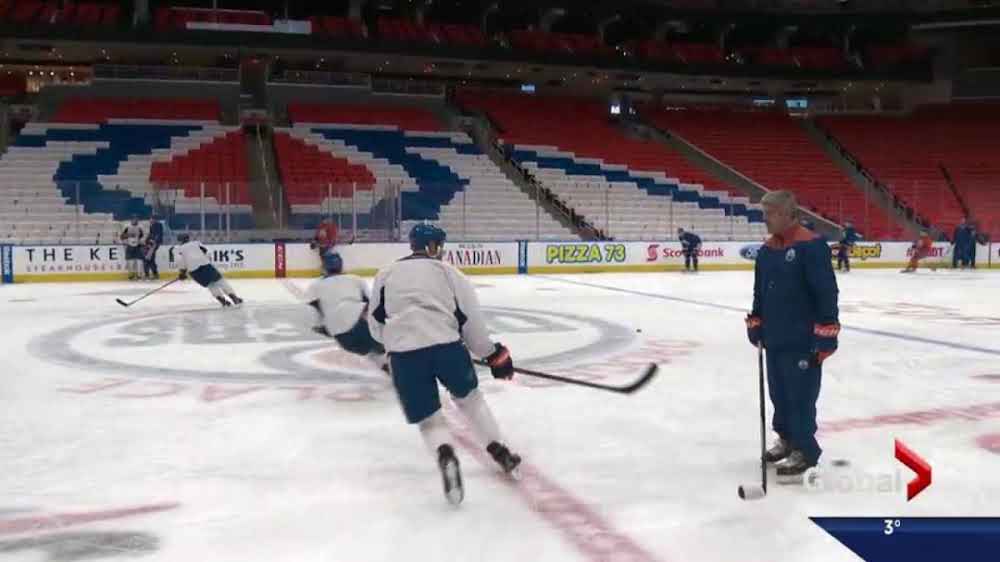
The transition to life after hockey is not always easy for some NHL players
What do National Hockey League players do when the music stops?
Ex-Oilers coach Ted Green, Father Jim Holland and defenceman Al Hamilton, former team alumni president, were the pushes behind it a decade ago. Former Oilers equipment man Lyle Kulchisky runs the rink today, and 14 alumni members showed up last month for the police vs. kids shinny game to support the endeavour.
Apart from charity efforts, many players move onto other professions following their days in the limelight as policemen (Pat Hughes, Steve Kelly), firefighters (Chris Joseph, Mark Fistric, Steve MacIntyre), business owners (Benning and Doug Hicks), hockey commentators (Louie DeBrusk, Jason Strudwick,) accountants (Bob MacAneeley), entrepreneurs (Andrew Ference), oil-patch salesmen (Dave Hunter) or auto and truck leasing executives (Hamilton).
Some are still deciding what they want to do (Ryan Smyth).
Others don’t make the transition well, at all. They need financial help from the alumni.
The Oilers alumni feel their role centres around “camaraderie and benevolence,” said Benning, president of the group today.
“In the past, we had charity in there … we weren’t real close to the Oilers, but we are now that Bob Nicholson and the Oilers Entertainment Group is involved,” said Benning, who played nine seasons in the NHL with five teams, including his hometown Oilers. “We’ve turned the charity part over to Natalie Minckler through their community foundation.”
Their challenge is to help players transition to life after the game.
“In our era (1980s) everybody had to work, but not nowadays with the money the players are making,” said Benning, the father of current Oilers defenceman Matt Benning. “Even so, you still need purpose in life, a reason to get up in the morning, no matter how much money you have.
“Most guys leave the game a little mad because nobody wants them anymore or they feel they’ve been treated badly by the team.”
The organization caters to players of any tenure, whether they’ve one game or 1,500, says alumni board director Jason Strudwick.
“There are guys who could buy an NHL team and others who can barely afford to go to the games,” said Strudwick. “We’re involved financially, emotionally, professionally with our members, giving support to one another with the camaraderie, and supporting other things in our community.”

“The transition to life after hockey is tough. You’re good at hockey but what else? For most us, it’s not much, so you have to go and learn a skill, check your ego at the door,” said fellow board member Joseph. “When I finished playing, I had a big house in St. Albert but had a family of five and got a job making $40,000 as a firefighter rookie. Eats up your savings.
“There’s a five to 10-year window after playing where, hopefully, you establish yourself and your spouse stays with you, you need family support.”
Leave a Reply